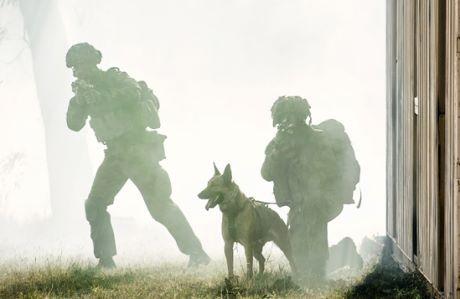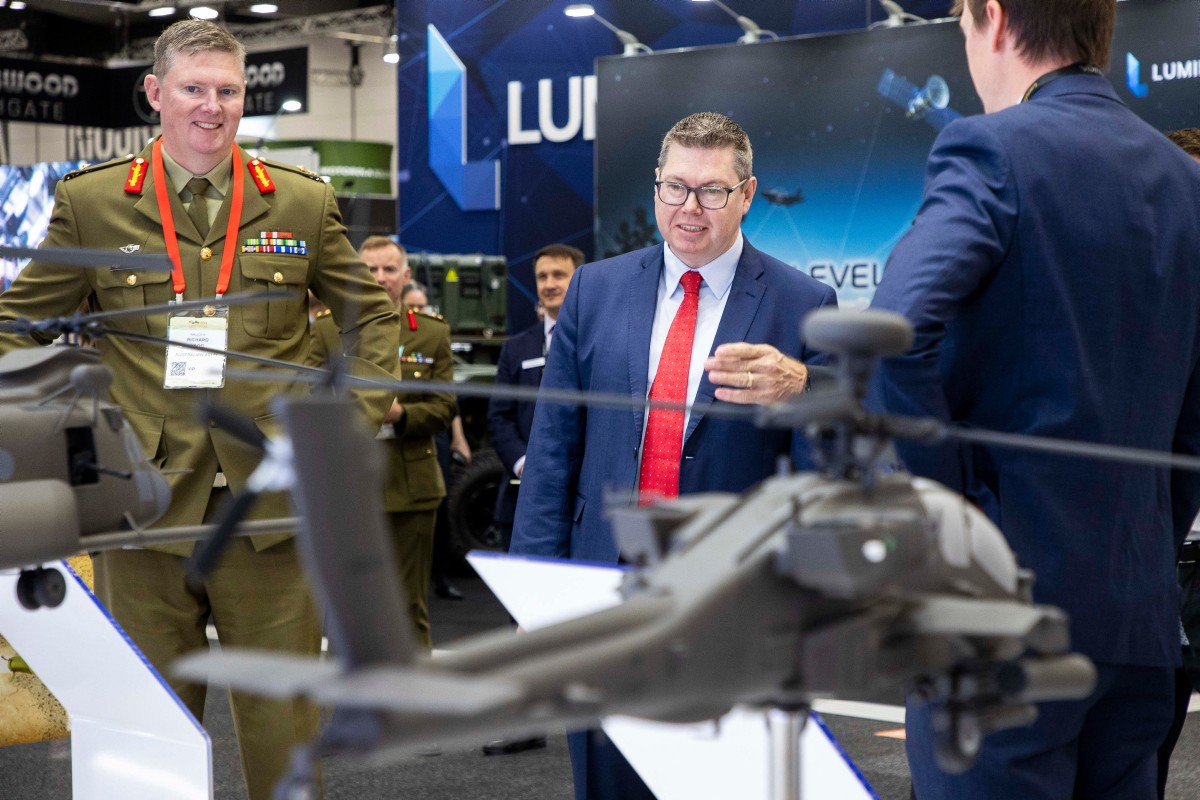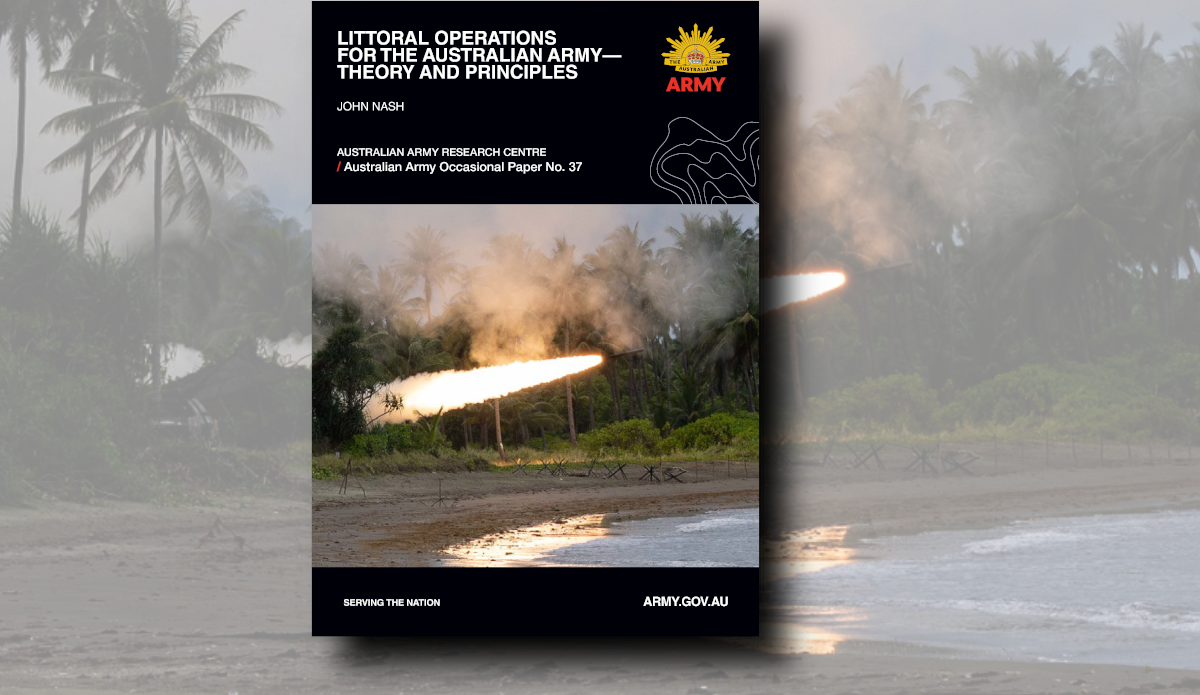There is a tidal wave of new research and practice in the area of enhancing human performance. In this post, I wish to highlight three approaches which might be useful to Army: Bulletproofing; brain science and bravery research.
Bulletproofing
The ‘Bulletproofing’ concept, developed by David Asprey, began with his enquiries into the humble cup of coffee; why did it cause ‘highs and lows’ in concentration and could anything be done to fix this? His solution was Bulletproof Coffee, followed by a plethora of other Bulletproof nutrition books and products, which emphasize avoiding processed food and toxins; the use of biometric technology and other biochemical advances.
Bulletproofing now applies its ‘biohacking’ approach to nutrition, sleep, stress management, fitness, brain and human performance. Annual conferences show case emerging ideas and approaches in this field, which vary from stem cell technologies to simple and even ancient solutions: meditation; play; or Paleo diets. The global ‘movement’ features ambassadors, ‘train the trainer’ courses and Bulletproof human performance coaches.
Aspects of Bulletproofing have been criticised by nutritionists, and the risks of dietary supplements has been discussed on this Blog before. Also, Bulletproofing must also be understood as a business and marketing concept, however, what does hold relevance to Army, and which I wish to emphasize here is the over-arching and holistic approach to enhancing human performance. It invites some fresh queries, like:
- What is the toxin load in soldier’s diets - in messes; ration packs or in habitual eating? How does this impact physical and mental stamina?
- How can all aspects of human performance be incorporated into one unifying package, which have multiplier and synergistic effects on human performance?
- Is the Bulletproof performance coach idea applicable to Army? Could PTIs take on such roles in units? Could it be a new separate specialist trade, or exist as an all-corps qualification, as is done with Adventurous Training leaders?
Brains
Brain science continues its rapid trajectory in opening up myriads of new ideas; it may be one of the most powerful and important scientific discoveries in our age. One of the quickest ways to start understanding this field is through David Eagleton’s DVD Series ‘The Brain’. Here are some insights:
- Sensory Systems Smarter than Brains. Sensory systems can be used to derive patterns from data faster than the brain can normally manage. This could aid soldiers rapidly understand and make sense of numerous data-feeds.
- Skill mastery and speed. For highest performance levels, skill mastery must move from being held in the conscious mind to being hard-wired in the subconscious mind. This has application to weapon handling and any other ‘physical’ equipment handling tasks.
- Will-power. Eagleman reports that ‘will-power’ is a finite resource, he writes: “self-control requires energy, which means we have less energy available for the next thing we have to do.” This is an important biological limitation to understand. One experiment found that even the act of supressing emotional response to a sad film resulted in an immediate reduction of a person’s physical strength.
Bravery
In some ways Brené Brown’s research on daring, courage, vulnerability and shame works as a contrast to the ‘bulletproofing’ approach. Although ‘Bulletproofing’ may well incorporate her approaches to vulnerability, she is critical of ideologies which seek ‘perfectionism’ and cautions on the way such language might frame expectations:
“Perfect and Bulletproof are seductive, but they don’t exist in the human experience”
Brown argues that perfectionism leads to shame, which disempowers and weakens people; while she suggests that it isThe Power of Vulnerability that enables humans’ strongest attributes to come to the fore: bravery, passion, compassion; creativity and energy. She offers a new lens on the way bravery is considered:
- Courage: “The root of the word courage is cor—the Latin word for heart. Courage originally meant “To speak one’s mind by telling all one’s heart.” Thus Brown associates courage with being authentic.
- This relates to broader concepts such as authentic leadership and building trust, see her ‘Daring Greatly Leadership Manifesto’.
- Daring. She hinges the ‘Daring’ discussion around Roosevelt’s ‘Man in the Arena’ speech, (excusing the gendered language here). While there are countless stories of physical bravery and ‘morale courage’ in the Army, she provides some new terms and ‘hooks’ to more deeply understand this issue. Thus in planning conferences, a person makes themselves vulnerable when they are authentic and in integrity by admitting they ‘don’t know’ or they present an unpopular view; all actions which might improve mission planning. She reframes such actions as ‘daring greatly’ - as ‘daring’ requires action despite vulnerability.
Overall, there are many pathways opening up to improved human performance: some draw on astounding biochemical and neuroscience advances; others are more conceptual and ask us to overturn pre-existing ideas about reasoning or strength, for example. In seeking to enhance human performance, the trick for Army will not only be in selecting the best ideas, but also in finding a way to integrate and synergise them.




